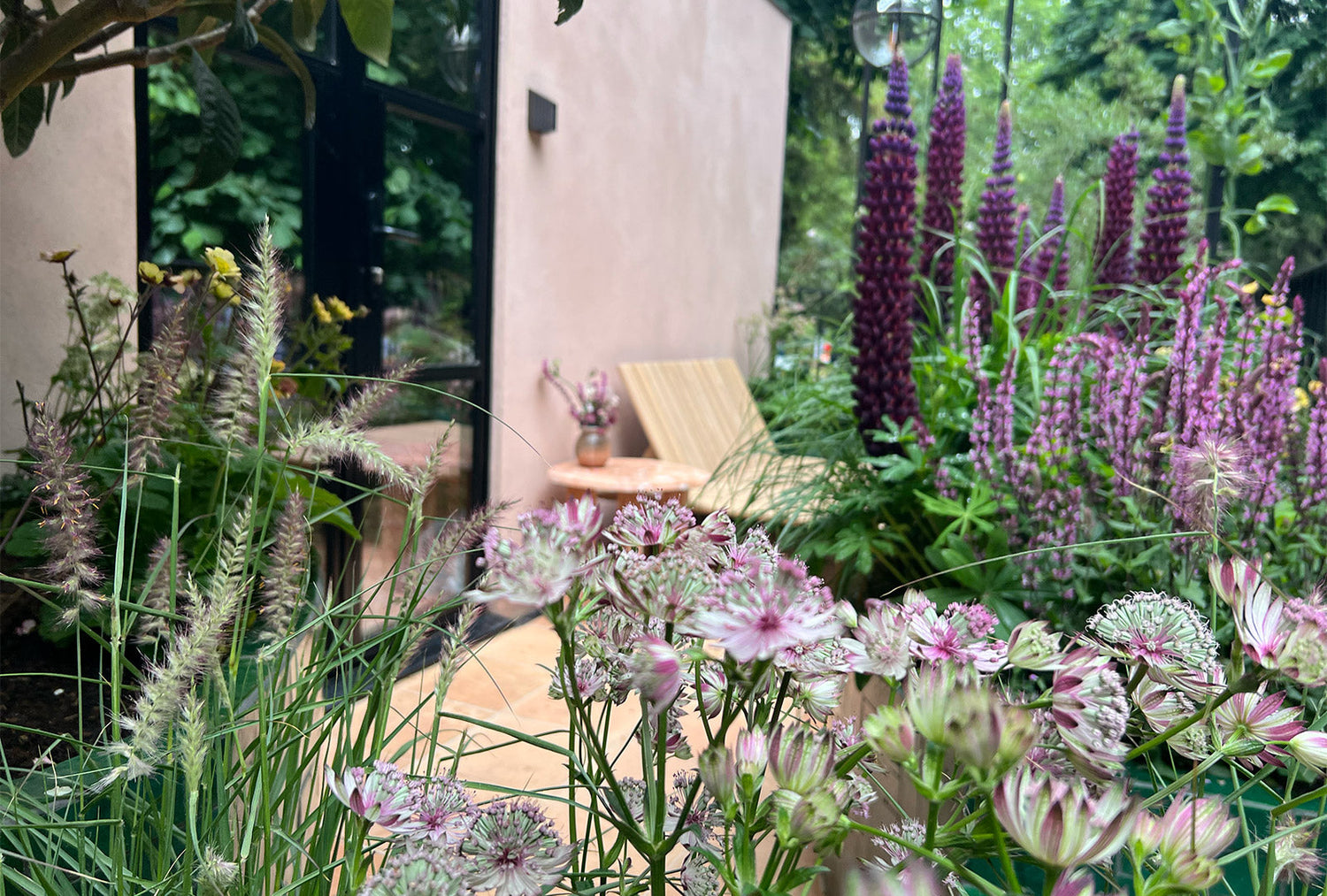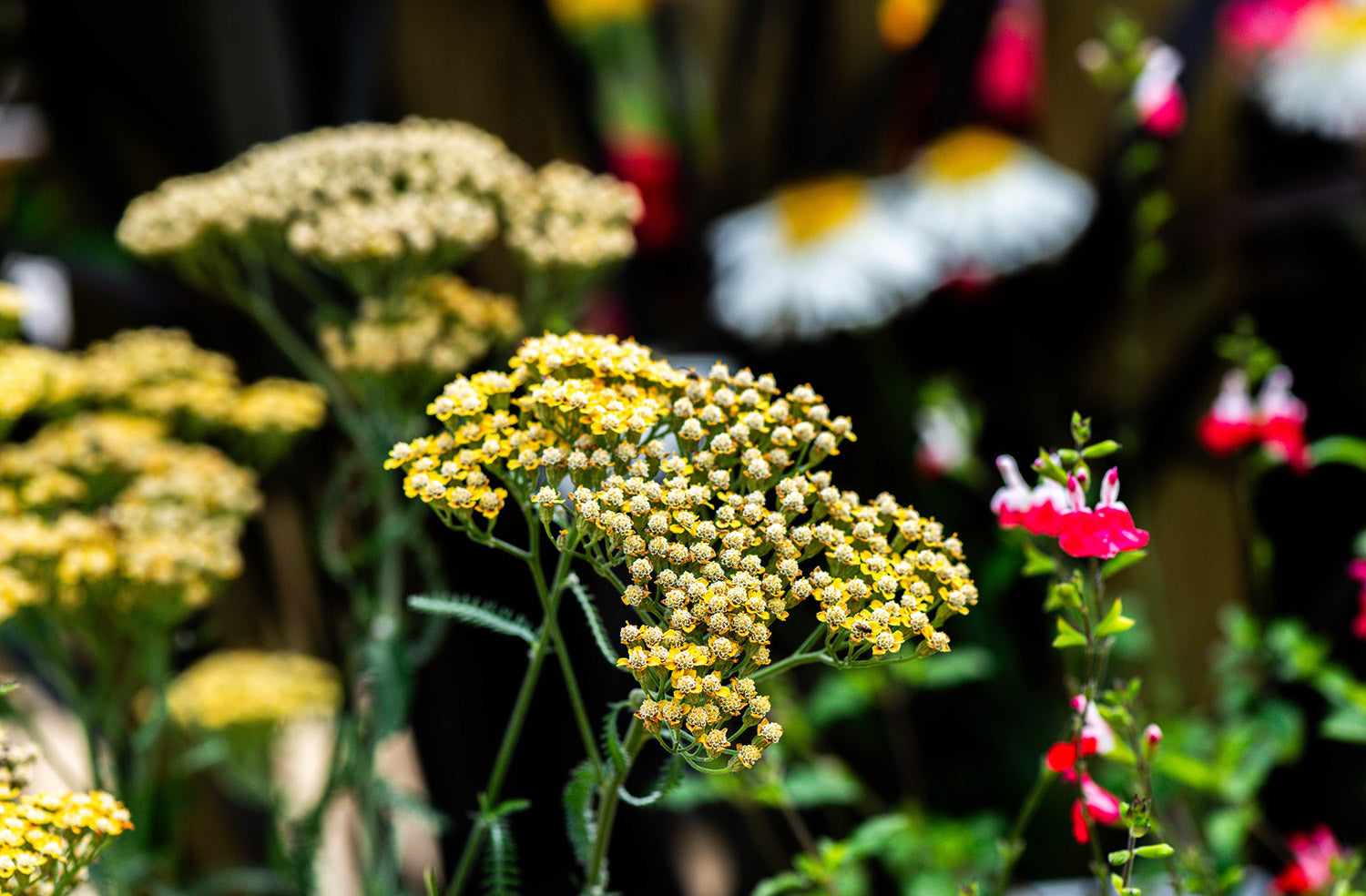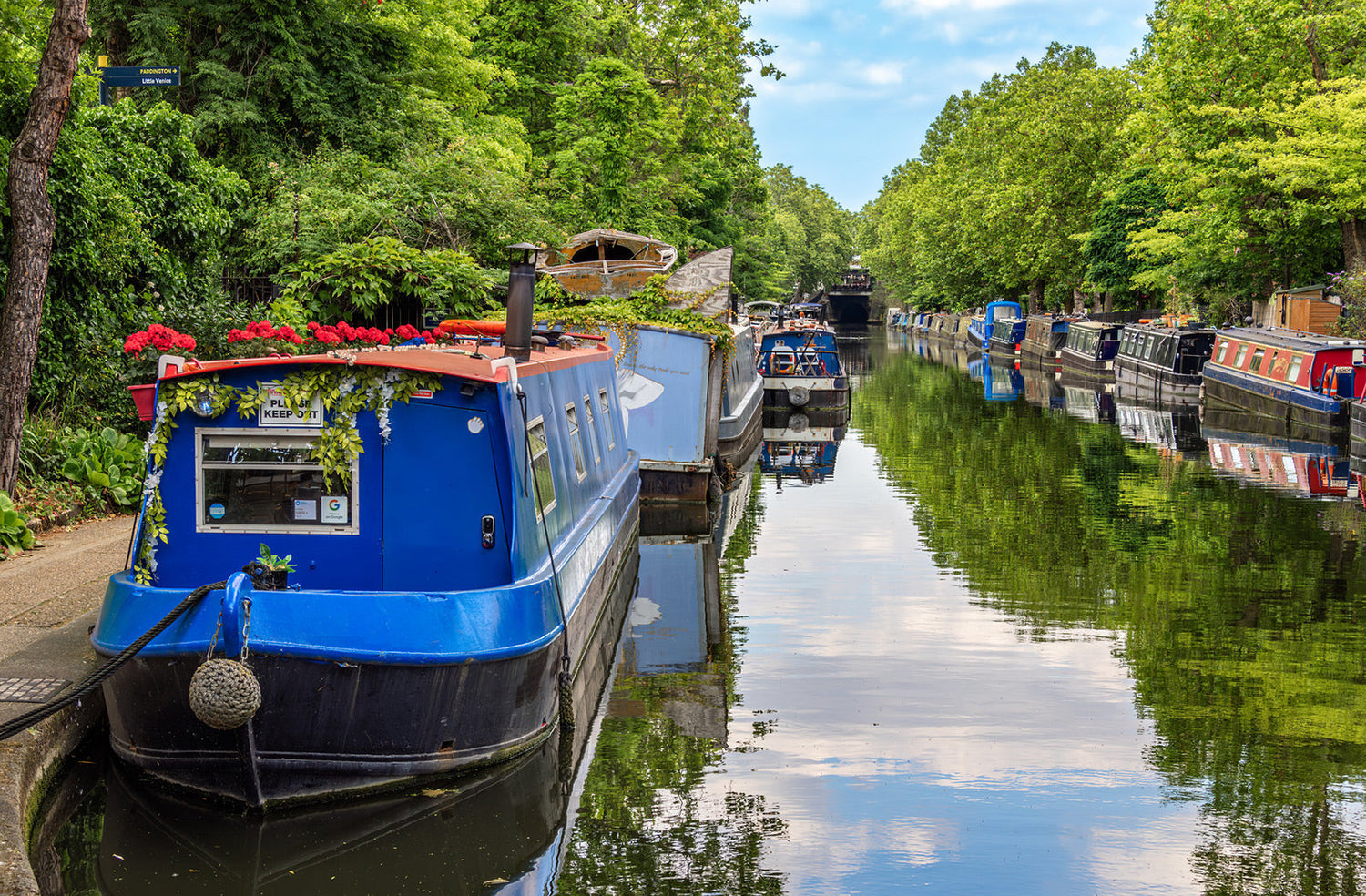Whether you're sipping a gin and tonic, brewing a calming herbal tea, or enjoying a refreshing non-alcoholic spritz, there's a good chance you're tasting botanicals—natural plant ingredients that infuse drinks with flavour, aroma, and even health benefits. From fragrant lavender to zesty lemon balm, botanicals have found their way into everything from cocktails to kombuchas. The best part? Many of them can be grown right in your own garden.
What Are Botanicals?
Botanicals are parts of plants—such as leaves, flowers, seeds, roots, or bark—used for their flavour, fragrance, or medicinal properties. They’ve been used for centuries in drinks, both for their taste and for their health-boosting qualities. In the modern drinks world, you’ll find them starring in spirits, herbal teas, tonics, craft sodas, and non-alcoholic alternatives.
Common Botanicals in Drinks
Let’s explore some popular drinks and the botanicals that give them their unique profiles:
Gin
Gin is perhaps the best-known botanical-based spirit. It must, by definition, contain juniper berries, but most gins also include a carefully balanced blend of other botanicals.
-
Juniper berries – The essential piney backbone of all gins.
-
Coriander seed – Adds citrusy, spicy notes.
-
Angelica root – Earthy and slightly bitter; used for balance.
-
Orris root – Floral, used as a fixative to help other aromas last.
-
Citrus peels (lemon, orange, grapefruit) – Bright, zesty top notes.
-
Cardamom, liquorice root, cinnamon, or nutmeg – For spice and warmth.
-
Lavender or rose petals – For floral gins.
Herbal Teas & Infusions
Teas, especially herbal ones, are all about botanicals. These caffeine-free infusions often blend flowers, leaves, seeds, and roots.
-
Chamomile – Relaxing, with gentle apple-like flavour.
-
Peppermint or spearmint – Refreshing, cooling, and aids digestion.
-
Lemon balm – Mildly citrusy and calming.
-
Fennel seed – Sweet and anise-flavoured; good for digestion.
-
Hibiscus – Tart and vibrant red; often used in fruity blends.
Non-Alcoholic Botanical Spirits & Tonics
The rise of alcohol-free options has seen a surge in creative use of botanicals to mimic the complexity of traditional spirits.
-
Cucumber, rosemary, thyme – Used for savoury, refreshing notes.
-
Ginger root, turmeric – Spicy and warming.
-
Elderflower – Light, floral, and distinctly summery.
-
Citrus peels, lemongrass – Brightens up blends with acidity.
Bitters & Aperitifs
Used in cocktails and digestifs, these drinks rely heavily on bittering agents and aromatic botanicals.
-
Gentian root, wormwood – Deeply bitter; classic in aperitifs.
-
Cinchona bark (source of quinine) – Found in tonic water.
-
Cloves, anise, cardamom – Aromatic spices in bitters.
Botanicals You Can Grow in a UK Garden
You don’t need a tropical greenhouse to start experimenting with homegrown botanicals. The UK climate is well-suited to many useful and beautiful plants that can be harvested for drink-making.
Here are some top picks:
| Botanical | Use in Drinks | Growing Notes |
|---|---|---|
| Mint | Teas, mojitos, garnishes | Thrives in pots, prefers moist soil |
| Lemon balm | Teas, mocktails, infused waters | Hardy perennial, easy to grow |
| Chamomile | Calming teas | Prefers sunny spots, harvest flower heads |
| Lavender | Gins, syrups, cocktails | Loves sun and well-drained soil |
| Rosemary | Infusions, savoury gins, tonics | Evergreen herb, drought-tolerant |
| Thyme | Savoury cocktails, infused honeys | Thrives in full sun, aromatic leaves |
| Borage | Pretty blue flowers for Pimm’s or ice cubes | Self-seeds easily, bee-friendly |
| Elderflower | Cordials, spritzes, gins | Grows as a shrub or tree, harvest in spring |
| Fennel | Seeds for tea or bitters | Grows tall, likes full sun |
| Coriander (cilantro) | Seeds for gin, leaves for garnish | Needs regular watering |
How to Use Your Botanicals
Once harvested, botanicals can be:
-
Infused in alcohol – Add to vodka or gin for a few days for a homemade botanical spirit.
-
Steeped in hot water – To create fresh herbal teas.
-
Simmered into syrups – Combine with sugar and water for botanical cocktail syrups.
-
Dried for later use – Air-dry or use a dehydrator to store herbs through winter.
A Sensory Experience
Botanicals bring more than just taste to a drink—they engage the senses. From the colour of hibiscus in a tea to the heady scent of rosemary in a spritz, they elevate every sip. And knowing that you’ve grown them yourself? That’s the real magic.
So next time you enjoy a drink with a herbal twist, consider the journey of those botanicals—from garden to glass. You might just be inspired to plant your next cocktail ingredient.





